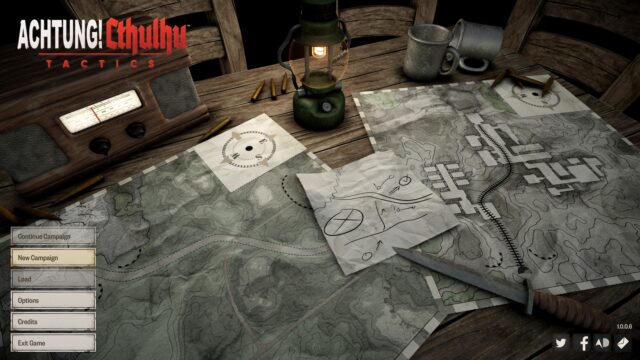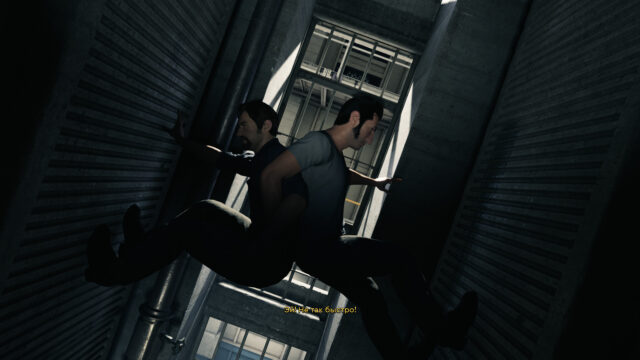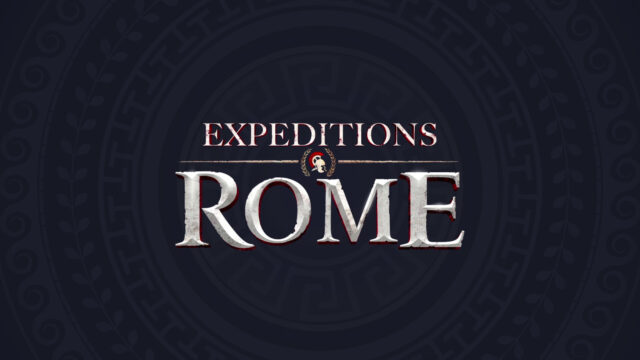All's Well in the English Kingdom – Assassin’s Creed Syndicate Review
We must be the last ones in line with our opinion about the new Assassin’s Creed, but don’t rush to be offended by us. It’s not because we’re lazy bums (although, to be honest, partly we are) – it’s just Syndicate It hooked us much stronger than we could have imagined. From the conveyor belt, losing the trust of the public year after year, suddenly came a game in which we shamelessly spent fifty hours and will probably spend another twenty or thirty – because it works better and more correctly than ever before.
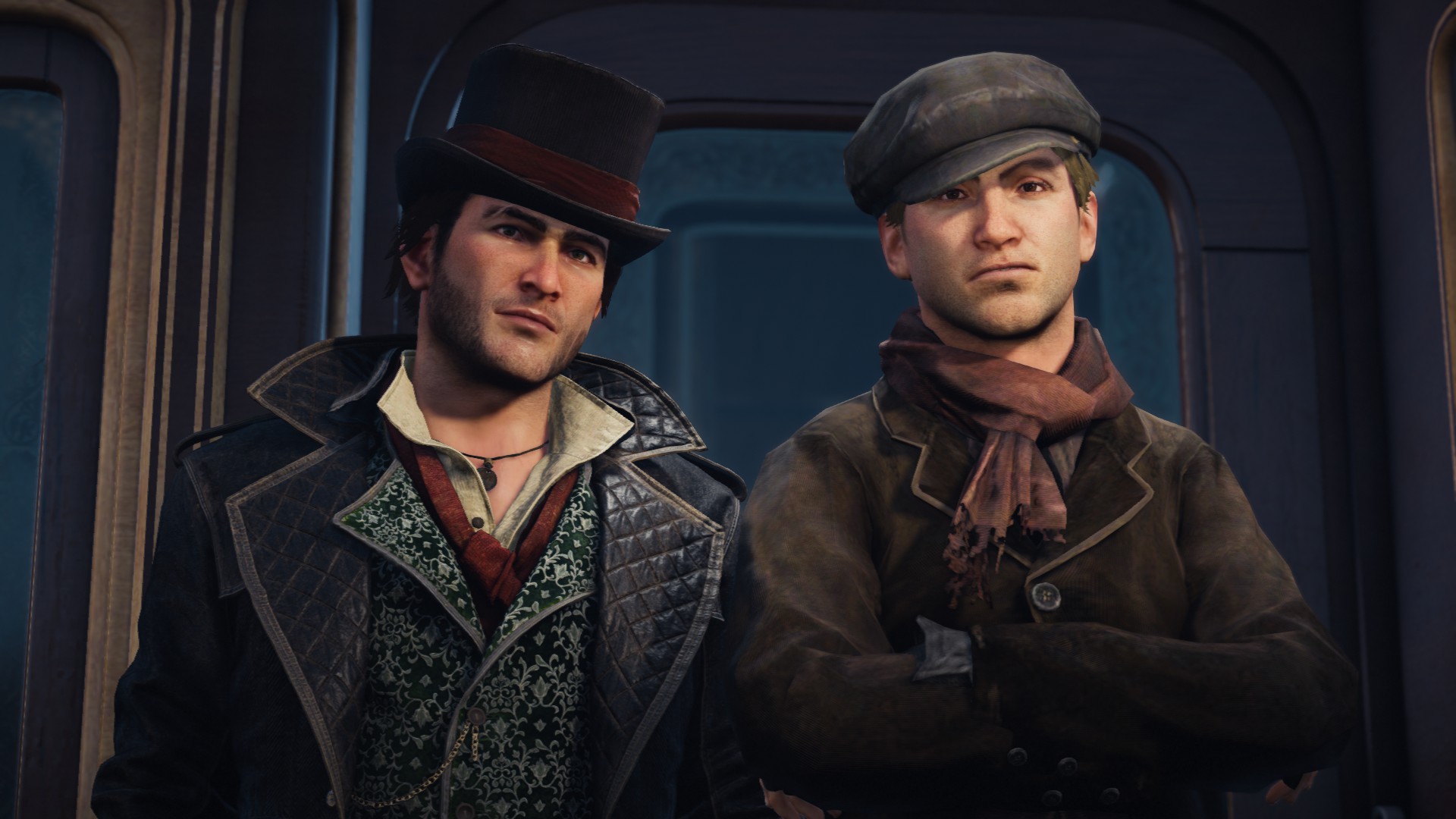
First of all, this concerns the plot. Yeah, that same pseudo-historical mishmash of science fiction and blatant nonsense that Assassin’s Creed became after the completion of the Ezio saga. Seriously, does anyone else understand what’s going on in these rat races for ancient artifacts? There are some prophecies, precursors, the end of the world, oh my… With each new chapter, the resemblance to cheap TV shows grows, and the desire to understand what’s happening diminishes. And apparently, even Ubisoft themselves were horrified by what they created – otherwise, it’s impossible to explain the shift in narrative accents in “Syndicate”.
The tiresome conflict at the core didn’t go anywhere, of course, but it is presented in billions of times more interesting and vibrant way thanks to the utmost attention to the characters, especially the protagonists. Instead of the boring story about good and evil uncles in hoods, here we have an exciting adventure of the Frye twins in Victorian London. They are supposedly also part of the Brotherhood and are fighting for the freedom of the city oppressed by the Templars, but they do it in their own unique way: they argue, tease each other, and prefer completely different methods to achieve the same goal – in other words, they behave like some Sam and Max, only in the world of hidden blades and eagle vision. The tandem of the sensible Evie and the hooligan Jacob, which used to seem like a questionable imitation of GTA V, really works, instantly captivates and brings back the former excitement to the plot.
What makes it even more joyful is that the fresh approach is reinforced by diverse and impressive missions. Remember, in all previous “Assassin’s Creed” games, there would eventually be a blatantly sloppy moment that spoiled the whole experience? Well, in Syndicate, there is none of that at all: here, defending a train with a Gatling gun on board can immediately transition into a carriage chase, infiltrating Scotland Yard, or nonlinear elimination of an important target during a spectacular lobotomy – the dynamics and density of events are simply insane, without any dips or fillers. And since there are now two main protagonists, we are treated to both more thoughtful episodes with the sister and boyish adventures in the style of Uncharted.
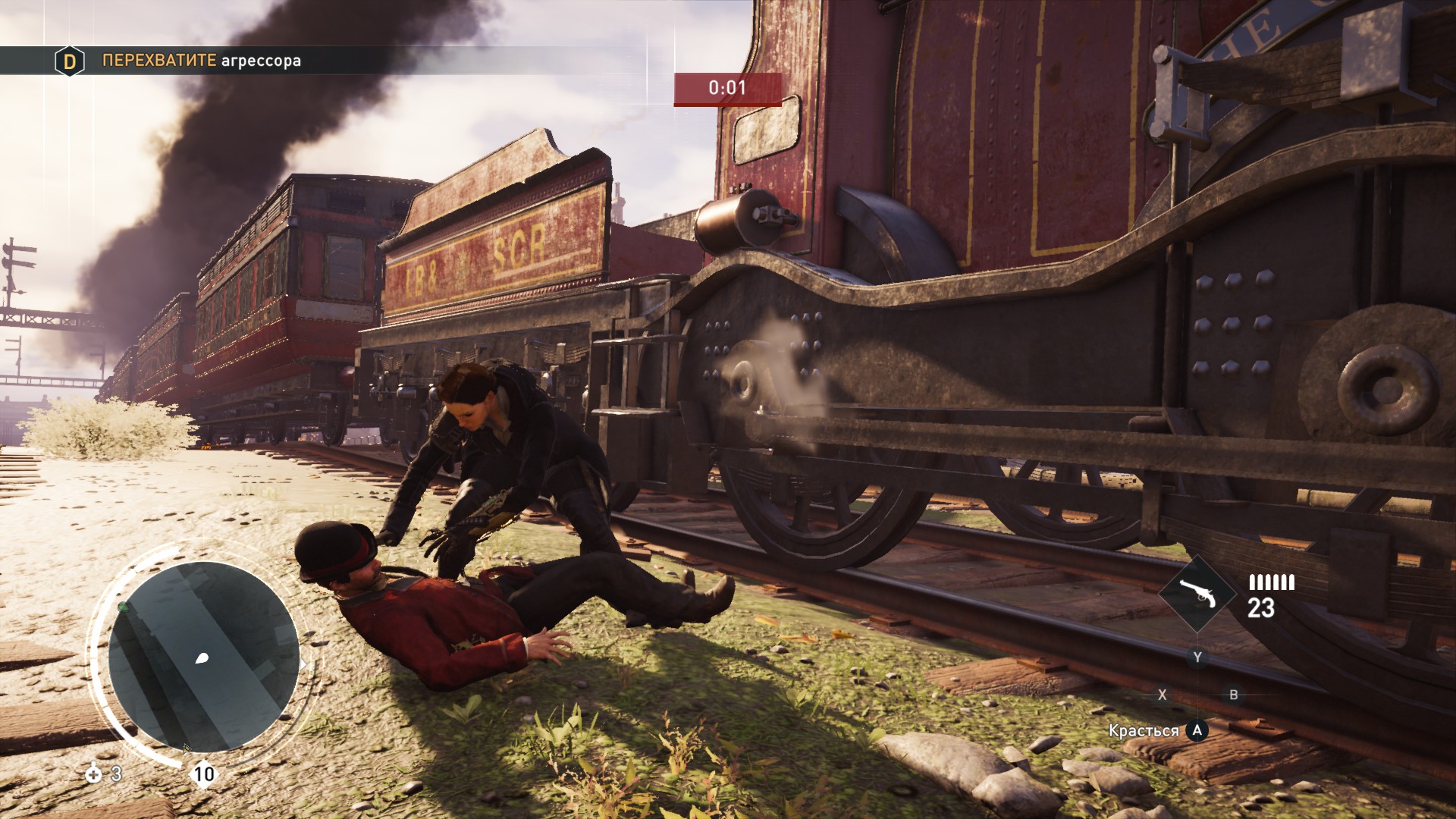
Upon careful examination, the plotline, truth be told, starts to seem too superficial, partly disjointed, and somewhat insignificant in the overall picture of the series. The sporadic inserts from the present do little to maintain the necessary connection with the predecessors, but they are highly pointless and obvious, so we can easily overlook them, which we are glad to do. By God, the current Assassin’s Creed breathes much more freely in the format of a simple story without the massive twists of the previous installments.
And who needs all those time-traveling adventures when there is plenty to do in good old England? The true merit of Syndicate is that it finally made the open world work, which the series had been cultivating for all these years with little success.
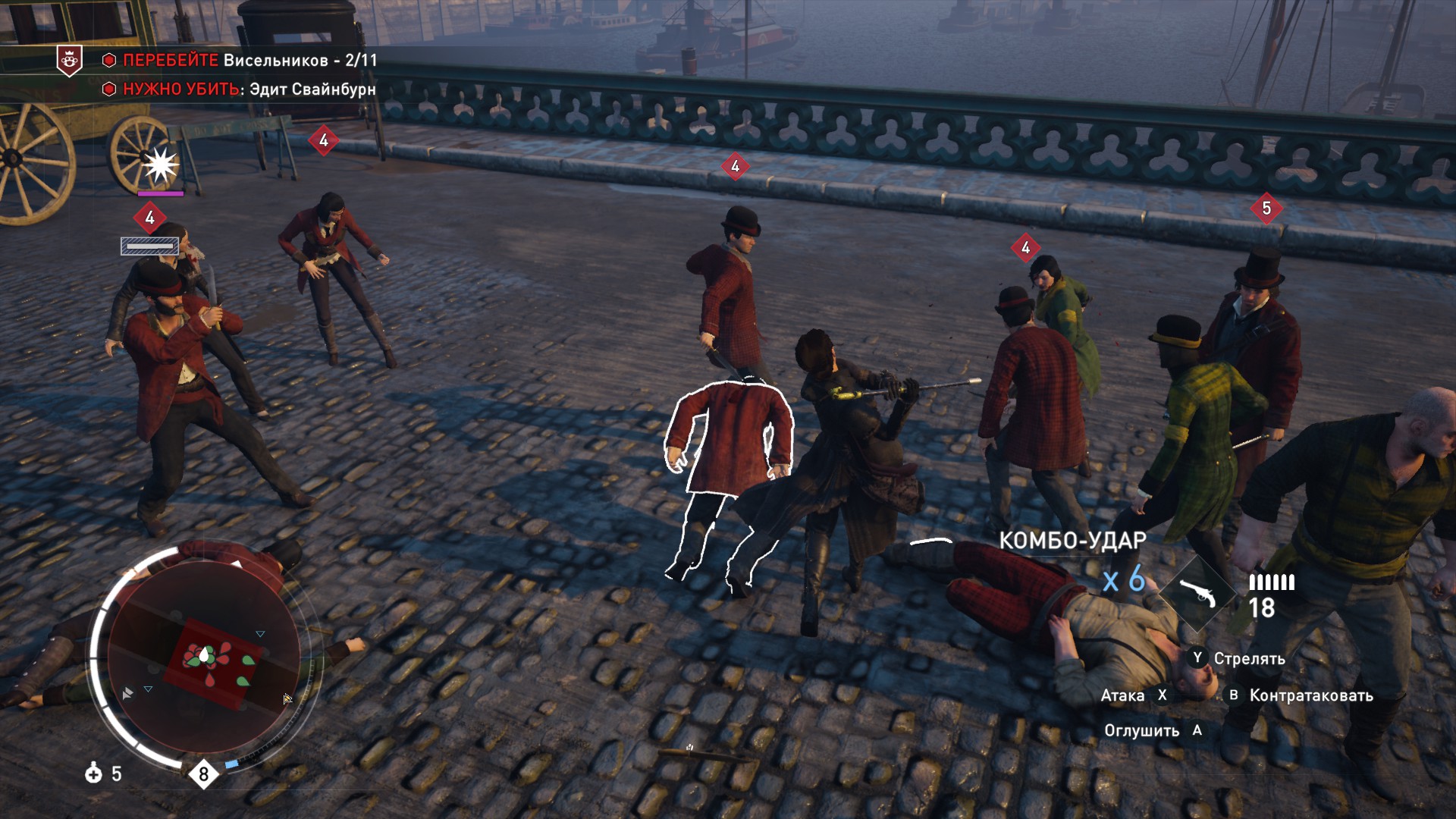
The keys to the city must be fought for in such battles, face to face.
A significant portion of the sandbox this time revolves quite reasonably around territory control. such a trendy trend in recent games Roughly speaking, you come to the red and unfriendly London, and you have to make it green and welcoming, systematically taking over district by district. Each district has its own task: somewhere you need to clear out a whole enemy hideout, somewhere it’s enough to kidnap or kill a general, and in some places you need to sabotage production and free the children working in the factory. Once you complete them, you gain influence, experience points, money, and a lot of enjoyment from the process.
You engage in these missions not because they are the conditions for advancement to the credits – you are only forced to be distracted a couple of times, and by that time, we had already completed all the routine tasks. No, it’s just that this side activity has become meaningful, significant, and incredibly exciting for once.
To begin with, it was successfully intertwined with character development. All missions have a recommended level for completion, and you can’t just rush in, say, to the top dogs in Westminster – they’ll beat you in no time. First, you need to simmer in the same pot with small-time thugs somewhere in Whitechapel, gather strength, move on to a more respectable district, repeat the procedure there, and only then consider whether you can defeat an elite opponent. This interconnection of “fighting to become cooler and fighting better” simultaneously gives a tangible sense of progress and prevents battles from devolving into beating up babies until the very end of the game.
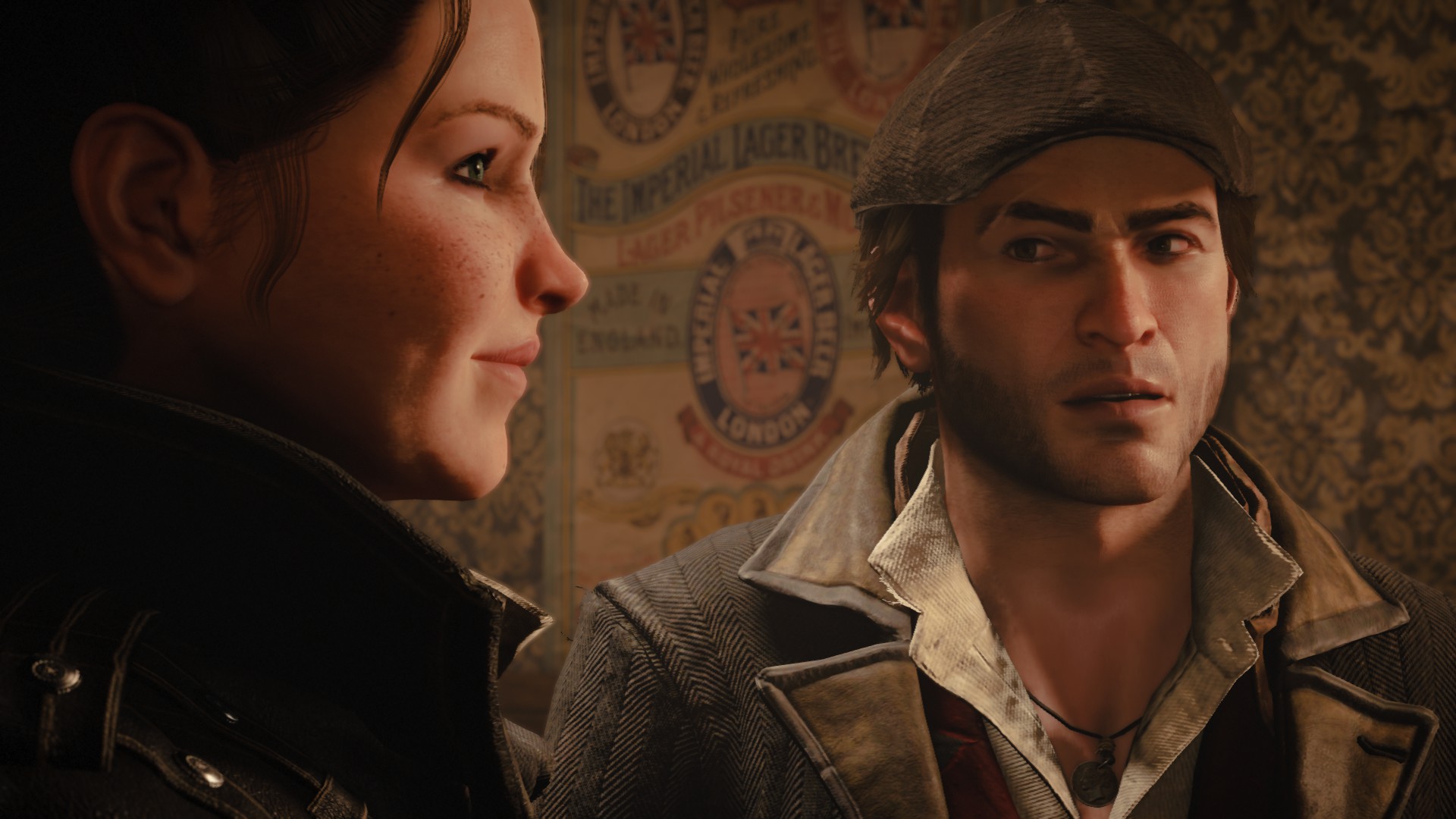
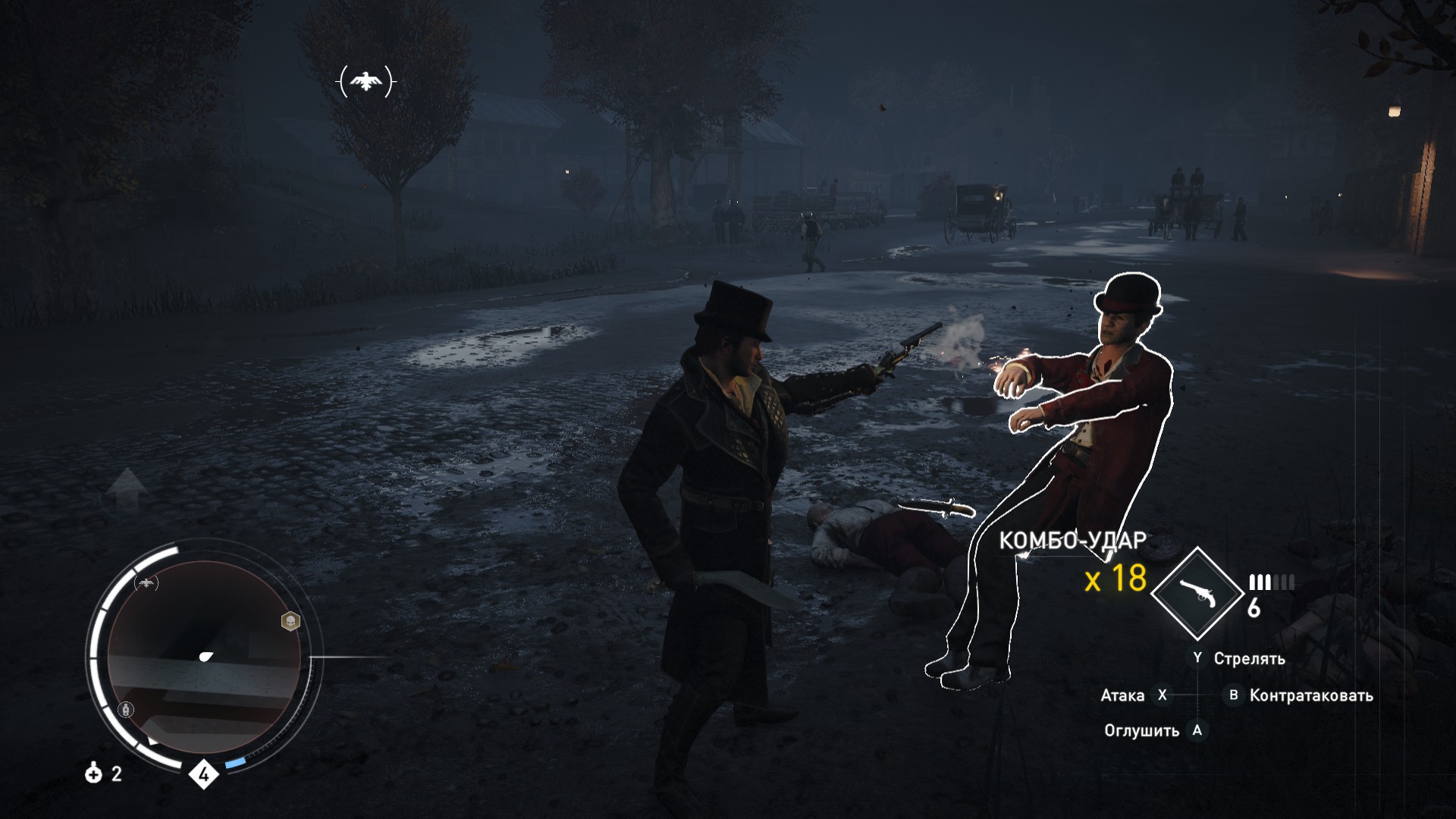
Shooting stray villains at night looks especially beautiful.
In addition, the enemy’s territory is an ideal playground for experiments. There, you can always play with combat style, practice clever combinations, and use equipment that you haven’t had a chance to use in story missions. There aren’t as many equipment elements as, let’s say, in Phantom Pain, but the scope for action is sometimes very comparable. And if you’re lacking in imagination, the built-in challenges for full synchronization will help – luckily, they are available here for every taste.
Well, another indicator that all the details of the mechanism have come into motion is when you, while escaping from pursuers in one side quest, suddenly come across a carriage from another, accidentally knocking off the generated hooligans who are bothering the townspeople, and catch up with a train filled with enemy supplies. Tasks literally arise along the way, smoothly merging together to form something more complex and interesting. The seamless involvement of the player in various side activities hides from view all the monotony of the offered amusements, because each time everything turns out differently and is just as captivating. As you remember, this is Far Cry’s thing. It rang loudly to the fourth part. – Finally, we have waited for Assassin’s Creed.
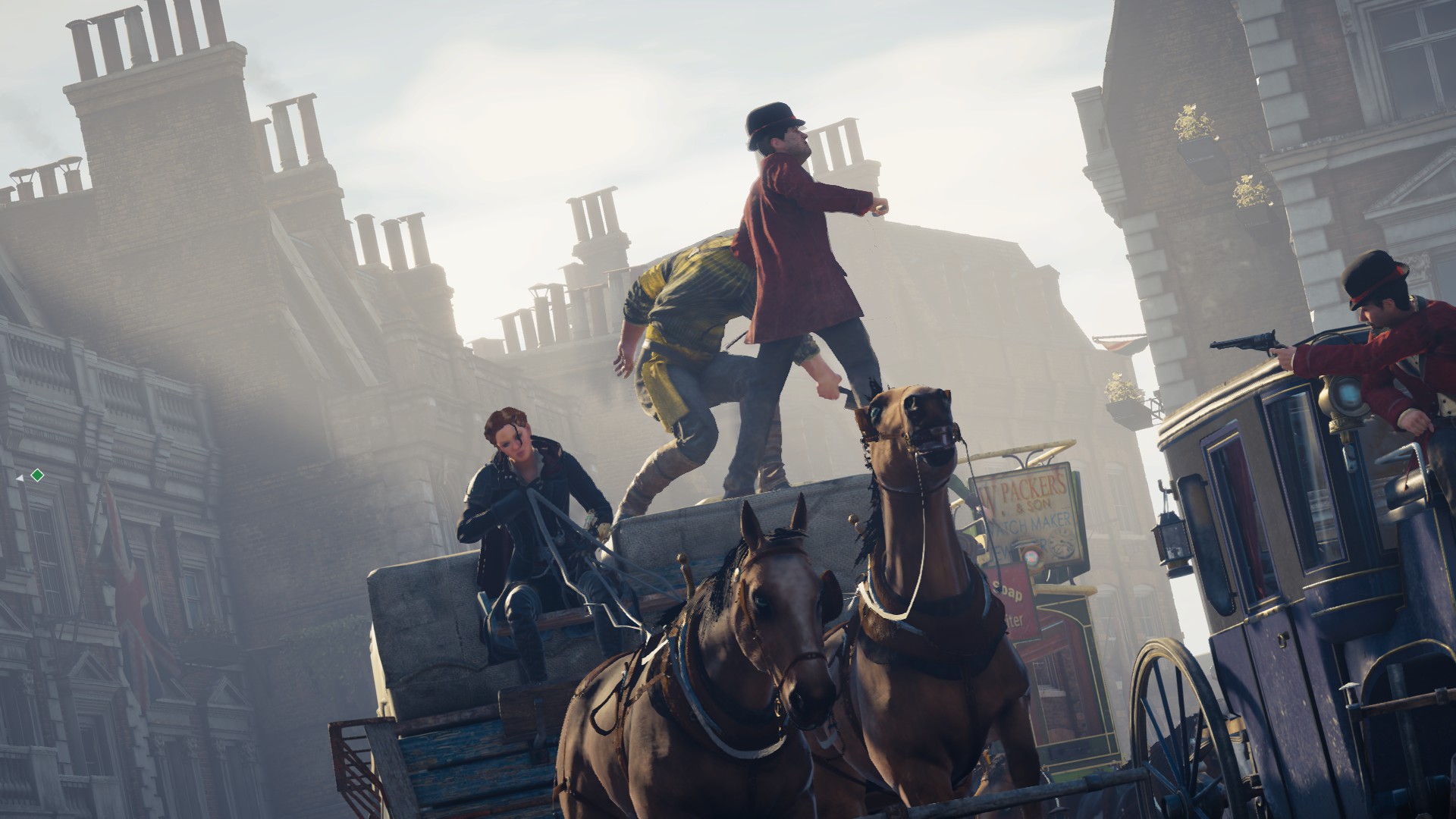
Despite its diversity, Syndicate plays quite familiarly and extraordinarily easily. The gameplay is composed of ideas that were liked from past installments and slightly peeked at from illustrious genre counterparts, so there’s no room for complaints at all. Only the acrobatics began to get tiresome until they were freshened up with the grappling hook borrowed from the Arkham series: the use of ropes allows you to avoid the tedious conquest of towering buildings and to cross wide bridges in seconds. The combat combines the spectacle of Assassin’s Creed III, the simplicity of Brotherhood, and the ergonomics of the same bat-eared guardian of Gotham, so it’s easy to get used to. Even the stealth from Ubisoft’s developments turned out neat – thanks to Watch Dogs, Sam Fisher, and a bit to Arno.
And what’s there to explain: the difference is easy to feel by launching the predecessor. After “Syndicate,” it is impossible not to see how sloppy, flawed, and simply incorrect Unity was as a game. At the time of release We somehow made peace with it., but now the discomfort from it is many times greater than the pleasure.
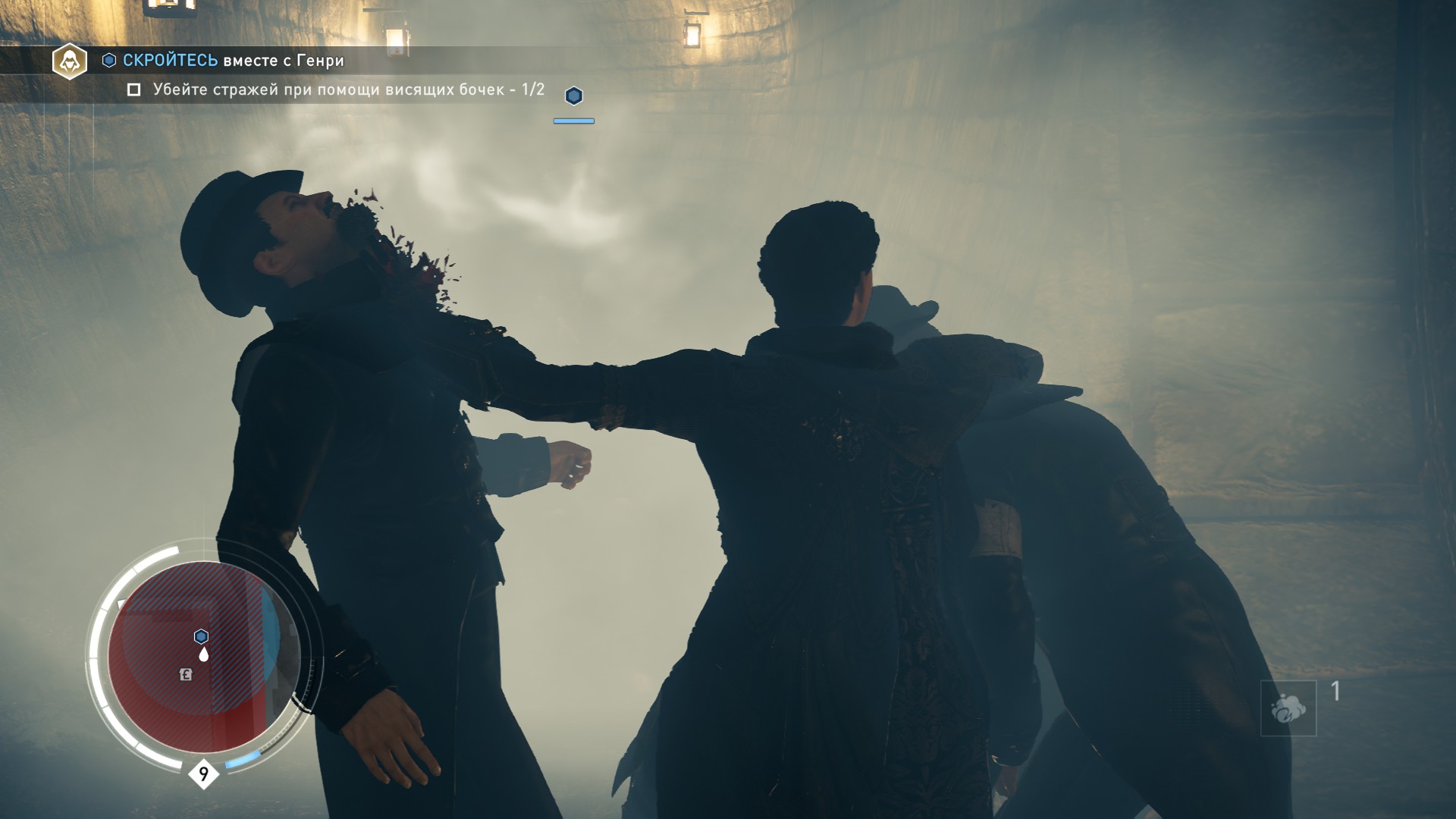

We are joining in the national British tradition of jumping off the top of Big Ben.
The only thing that undermines the supposed difference in mechanics between the heroes. While the plot tries to clearly differentiate the specialization of the relatives, in reality, this is not reflected in any way: both Evie and Jacob are equally skilled in stealth and easily survive clashes with a dozen thugs. The upgrade system for both is practically identical, despite being rich – the only difference is a couple of unique skills, which don’t really make much of a difference, so there is no need to switch between characters outside of the main missions.
The only indisputable advantage of “Unity” is the authenticity of the environment – the new game also easily surpasses that. Paris captivated with its atmosphere and architectural precision, but in the grand scheme of things, it was just a beautiful backdrop frozen in a revolutionary grimace. London, on the other hand, is a huge city brimming with life and curiosity in all its manifestations. Unlike the Thames here, it’s easy to get lost while strolling through the alleys, train stations, and parks, enjoying spontaneous glimpses of everyday life and slowly collecting hidden chests and illustrations. If you want more, among the passersby, you can meet Karl Marx and help him with his Karl Marxian affairs, visit the nearest pub and start a whole mystical investigation with Charles Dickens, or, at worst, participate in underground competitions – the fighting club and the Victorian street racing community are waiting for their champions. The cultural and aesthetic delight of Syndicate is overwhelming, especially for those who are even remotely interested in the subject.
Surprisingly, the immersion is enhanced by the magnificent music. Assassin’s Creed hasn’t been known for its expressive background compositions for six years, but the soundtrack here hits the mark. Is there a more suitable accompaniment to the era that gave birth to the greatest detective and the elusive Ripper than the violin and piano? We think not.

By the way, thank you very much for the high-quality delivery!
Originally, a virtual trip to England in the mid-19th century was conceived as a soothing experience after a repulsive one. Rainbow Six Siege, because Ubisoft, as we know, is known for being Ubisoft. However, the idea of obsessively spending excessive amounts of game time in search of the tiniest bits of content that usually go unnoticed has turned around. Wine bottles, anomalies, music boxes, flowers, and royal letters – the list is endless, with so much already collected and so much left to collect. And now, looking at the progress bar striving towards the coveted hundred, there is nothing to hide: it is worth it.
What seemed to be a polished Unity turned out to be a polished Assassin’s Creed. Syndicate – the long-awaited result of years of evolution of the series and perhaps the most successful and vibrant game about Assassin-Templar conflicts to this day. So, the faith in big annual projects is restored.
Share
Discuss
More Reviews


